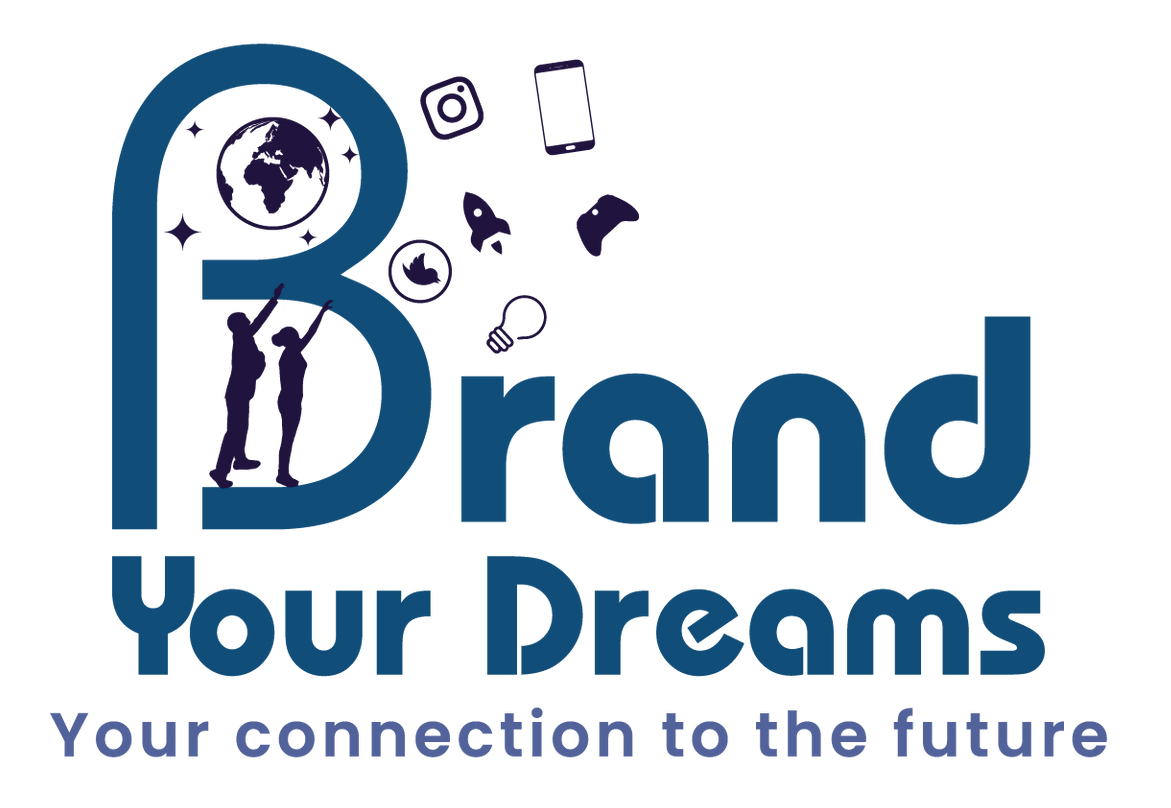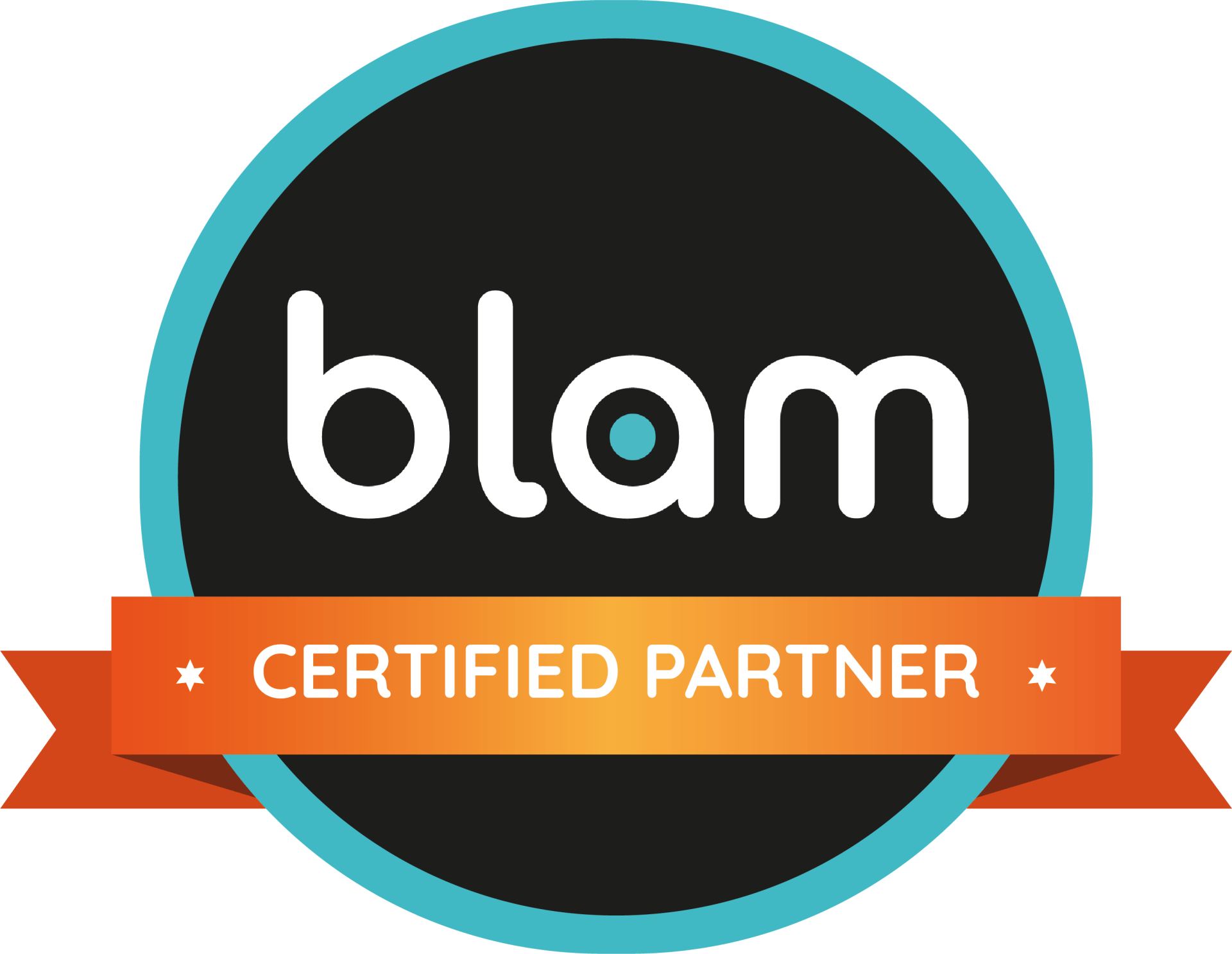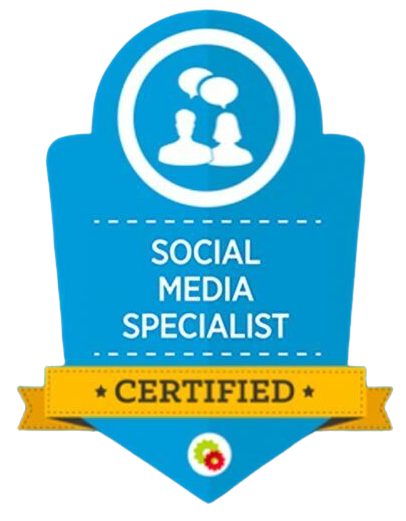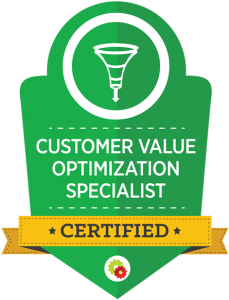FAQ
-
What is digital marketing?
Digital marketing refers to the broad range of online strategies and tactics businesses use to promote their products, services, or brand through digital channels. It encompasses various methods, including search engine optimization (SEO), social media marketing, email marketing, content marketing, pay-per-click advertising, and more. Digital marketing leverages the power of the internet and digital technologies to reach and engage with a target audience, drive website traffic, generate leads, and ultimately achieve business goals. It allows businesses to connect with their customers in a highly targeted and measurable way, making it an essential component of modern marketing strategies
-
Can my business benefit from digital marketing?
Absolutely, digital marketing can benefit your business significantly. In today's digital age, consumers are increasingly online, making it essential for businesses to establish a strong online presence. Digital marketing allows you to reach a broader audience, target specific demographics, and engage with potential customers in real-time. It offers cost-effective strategies to promote your products or services, measure campaign performance, and adapt your tactics based on data-driven insights. Whether you're a small local business or a large multinational corporation, digital marketing can help you increase brand visibility, drive website traffic, generate leads, boost sales, and ultimately achieve a higher return on investment (ROI)
-
Do I really need a website?
Yes, having a website is crucial for your business in today's digital age. It serves as your online storefront, providing a central hub for potential customers to learn about your products or services, contact you, and make informed decisions. A website offers 24/7 accessibility, allowing you to reach a global audience and stay open even when your physical location is closed. It also enhances your credibility and professionalism, as consumers often expect legitimate businesses to have an online presence. Additionally, a well-optimized website can help improve your visibility in search engine results, attracting more organic traffic and potential customers. In essence, a website is a fundamental tool for establishing and growing your business in the modern marketplace.
-
What does SEO stand for?
The acronym SEO stands for Search Engine Optimisation.
-
What is SEO?
Search Engine Optimization (SEO) is a crucial digital marketing strategy aimed at improving a website's visibility in search engine results like Google. It involves optimizing various elements on your website, including content, keywords, meta tags, and site structure, to make it more relevant and appealing to search engines. The goal is to rank higher in organic search results for specific keywords and phrases related to your business, products, or services. By enhancing your website's SEO, you can attract more organic (non-paid) traffic, increase your site's credibility, and ultimately drive more qualified visitors to your site, increasing the chances of converting them into customers or clients.
-
Why does SEO take time before you see the benefits?
SEO takes time because it involves a combination of technical optimizations, content improvements, and building a reputable online presence, all of which require ongoing effort and patience. Search engines like Google use complex algorithms to determine a website's ranking, and they constantly crawl and index web pages. As a result, it can take time for search engines to recognize and reward the changes you make to your website. Building high-quality backlinks, earning trust from search engines, and consistently producing valuable content also require time and persistence. SEO is a long-term strategy, and the results tend to accumulate over months or even years, but the sustainable and lasting benefits make it a valuable investment in the long run.
-
Why should I use social media?
Using social media for your business offers numerous advantages. It provides a powerful platform to connect with your audience, build brand awareness, and foster customer loyalty. Social media allows you to engage in real-time conversations with your customers, showcase your products or services, and share valuable content, helping to establish your expertise in your industry. It can also boost website traffic, generate leads, and increase sales by targeting specific demographics and running highly targeted advertising campaigns. Moreover, social media provides valuable insights into your audience's preferences and behaviors, enabling you to refine your marketing strategies and make data-driven decisions. Overall, leveraging social media can enhance your brand's visibility and competitiveness in today's digital landscape.
-
What's the difference between an ad and a post on social media?
The primary difference between an ad and a post on social media lies in their purpose and reach. A post is typically organic content shared on your business's social media profile for free. It aims to engage your existing followers, provide value, and foster community around your brand. In contrast, an ad is paid content specifically designed to reach a broader or targeted audience beyond your current followers. Ads are strategically crafted to achieve specific marketing objectives, such as increasing brand visibility, driving website traffic, or generating leads or sales. They offer more control over who sees the content and when, often with advanced targeting options and analytics to measure performance. While posts contribute to your organic social media presence, ads are a paid promotional tool to reach a wider audience and achieve specific business goals
